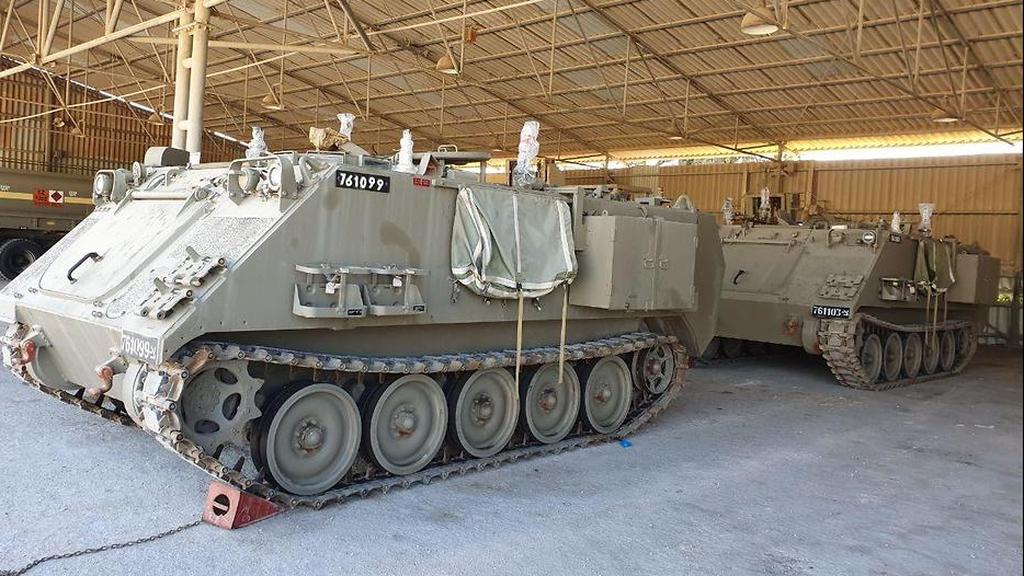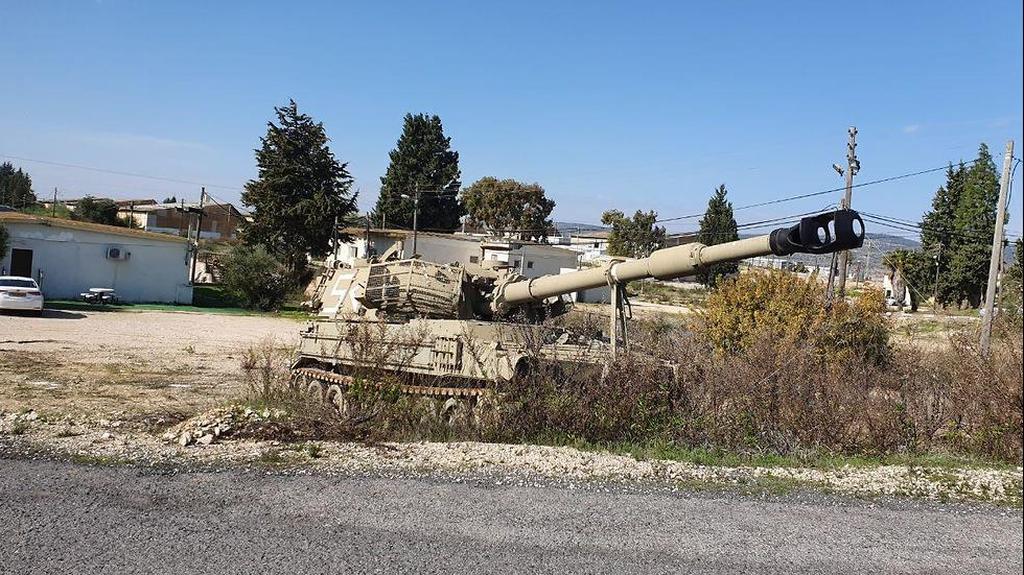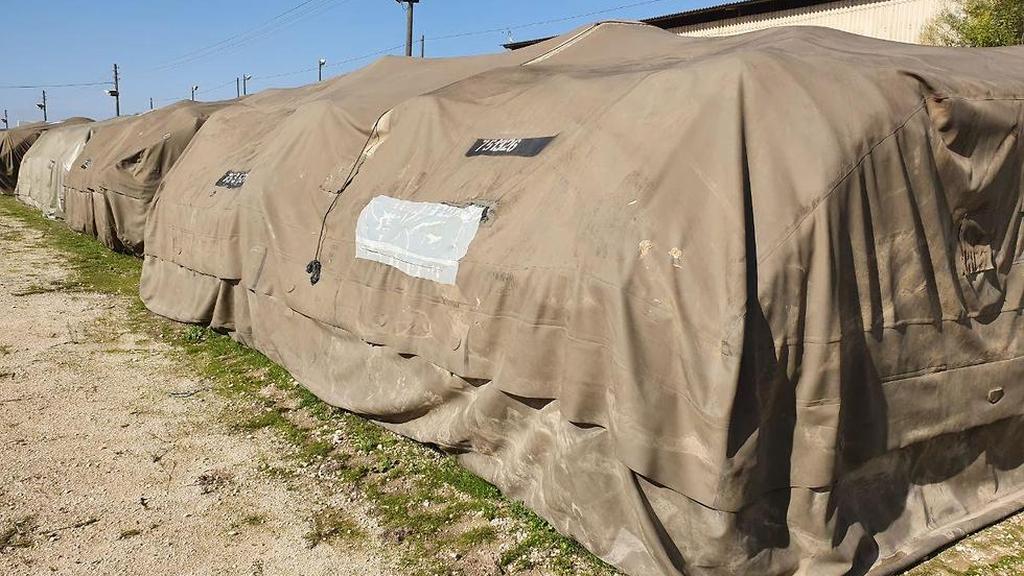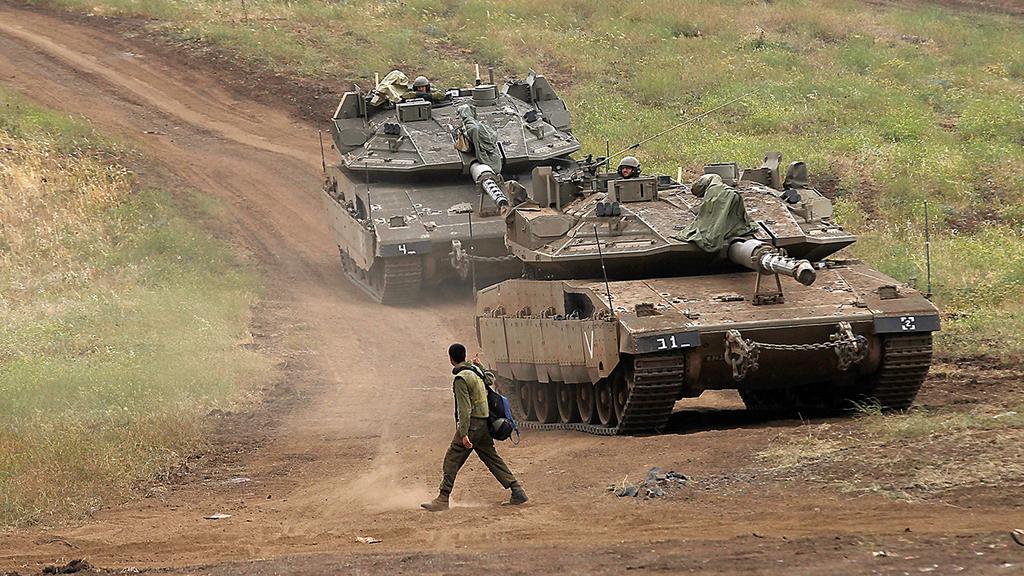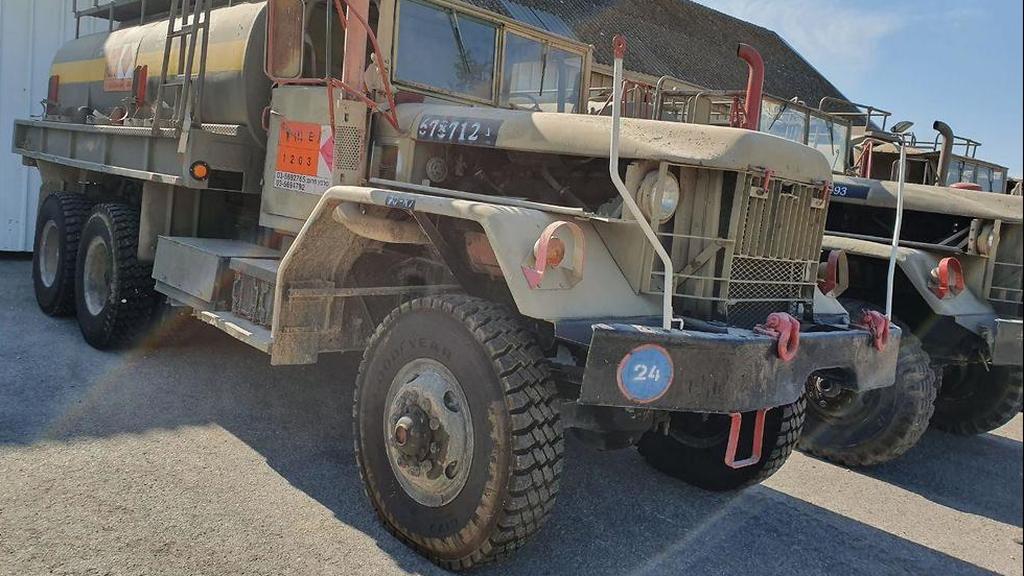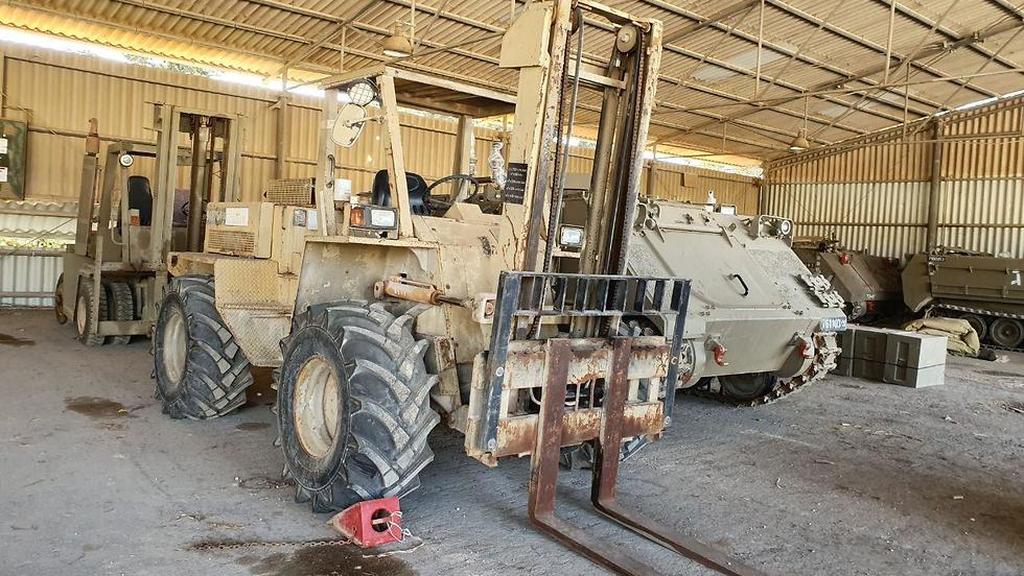Getting your Trinity Audio player ready...
Massive shortage of transport vehicles, lack of medial and logistic personal and the low availability of armored vehicles due to drills, states a declassified internal audit by the IDF's 319th Division; the first division to enter combat in case of war along the northern border.
The report was produced by the IDF ombudsman in August 2018, but according to the disclosed analysis, many of the problems reported still remain untreated.
The dismissal of more than 5,000 non-commissioned officers over the last few years has left units without vital personnel, with just 54 out of 90 logistical and maintenance posts now manned due to the layoffs.
The IDF Northern Command and GOC Army Headquarters (ground troops) say that since the 2018 audit, many deficiencies have been minimized for equipment and manpower, but officials admit some material shortages will continue in the coming years.
The report's findings raise serious questions regarding the readiness of IDF's ground troops for war. This is especially the case as tensions rise on the northern border, with Iran consolidating in Syria and Hezbollah trying to acquire more accurate and sophisticated weaponry.
Furthermore, all major military decisions are on hold as Israel is in the throes of a political crisis, having endured a year without a stable government and about to embark on its third election cycle in 12 months.
According to the audit's findings, 52% of combat vehicles are unfit for use and there is a 20% shortage of weapons and night-vision equipment for soldiers.
The audit found that about half of the 319th Division's Mark 4 Merkava tanks and almost 100 communication devices have been lent to the Armored Corps training unit, located more than 350km from their main storage and maintenance areas in the north.
These tanks are worn out, impairing their emergency and combat capabilities.
A high-ranking officer in the IDF Northern Command said that the issue of lending equipment and armored vehicles is a military decision, citing the Mark 4's production lines being incapable of accommodating both the standard and training units.
"Most loaned tanks are returned to their original divisions within several days," said the officer. "We are working to minimize this phenomenon as much as possible."
The Northern Command's logistics unit, upon which the 319th Division relies in times of war, has a shortage in communications equipment and vehicles for medical evacuation, and the division's medical unit hasn't had a commanding officer or lieutenant for almost a year.
A shortage of 49 trucks was also found, with 26 seconded for day-to-day use.
The auditors found that many armored vehicles were lacking during proper maintenance checks, with 68 of them sitting uncovered and unprotected against the elements.
Dozens of other vehicles were found unusable due to faulty tires and broken engines, and only 34% of oil tankers and more than 33% of cranes were also found to be unusable.
More than 1,500 trucks were found to be faulty, and the audit warns that each month "an additional 60 trucks are classified as unfit for purpose."
The IDF has in the past tried to improve logistical issues at the command and division levels with its "New Life" plan, budgeted at more than NIS 300 million, but a financial shortage of more than NIS 70 million hampered the plan's full implementation.
The IDF Spokesperson's Unit said that "an inspection team was established by the chief of staff after the production of the 2018 report, to look into the structure and effectiveness of the army's emergency storage unit."
It emphasized that "the IDF, and the 319th Division in particular, are extremely fit for war."
The Israeli Military Censor verified all the details in this article


